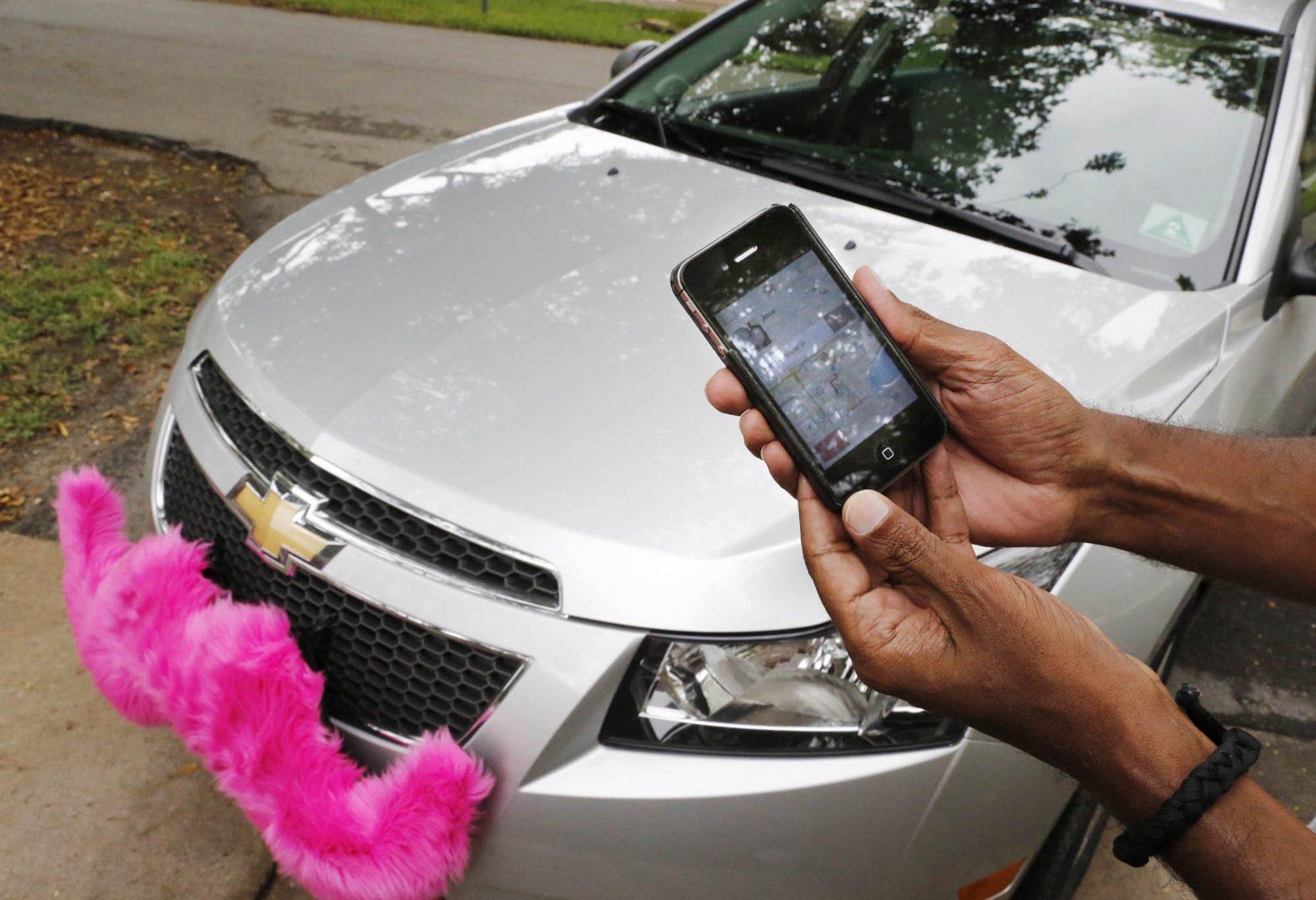Imagine calling an Uber or Lyft and when the car arrives, there wasn’t a driver.
The future of transportation is coming sooner than you may think as automotive companies like Tesla, Waymo and BMW continue to develop self-driving cars.
Fresno State’s Transportation Institute founding director Aly Tawfik said that self-driving cars that require human supervision will be introduced within the next five to 10 years. Furthermore, Tawfik said that self-driving cars that do not require driver supervision will most likely be introduced at least 30 years from now.
“We are fortunate they are 30 years away, because we still have to do a lot of preparation for these vehicles,” Tawfik said.
Fresno State student Linda Lim has been researching shared autonomous vehicles and attended two conferences in Maui and Pittsburgh to present her findings. She said that even though the conferences were intimidating to her as a young undergraduate, she felt the experience will help her greatly when pursuing graduate studies.
“Everyone is there to obtain knowledge, and I think that is the best part about going to these conferences,” Lim said. “Once I started having that mentality, it was less intimidating because I realized I worked really hard on this research and I’m just as qualified as the other people there.”
Lim and Tawfik researched the future travel cost of shared autonomous vehicles. Shared autonomous vehicles are fully self-driving cars that can be used for ride-sharing business models like, Uber and Lyft.
Their research showed that shared autonomous vehicles will greatly reduce travel cost, increase productivity and potentially have a social impact manifesting in less injuries and vehicle fatalities.
Their research also indicated that owning an autonomous vehicle will cost much more than using a sharing service because of depreciation and maintenance costs. Lim said that shared autonomous vehicles may include fees for vehicle maintenance.
“Any service[s] have little charges to upkeep it, but it’s super small and fractionated compared to actually owning it and what you would have to pay out of pocket for repairing it yourself,” said Lim.
The Transportation Institute started operation last year and received $3 million in Measure C New Technology Reserve funds.
The institute has four objectives. The first two objectives are providing education and local research opportunities that students can utilize to develop their knowledge in transportation fields.
The third objective is to offer technical services in cooperation with local agencies in order to take advantage of grant opportunities for transit development.
Lastly, the fourth objective is public outreach. The institute interacts with K-12 students to educate them about the changing scope of transportation and future challenges.





